Pieter-Jan Belder - J.S. Bach: Miscellaneous Pieces for Harpsichord (2022) [Hi-Res]
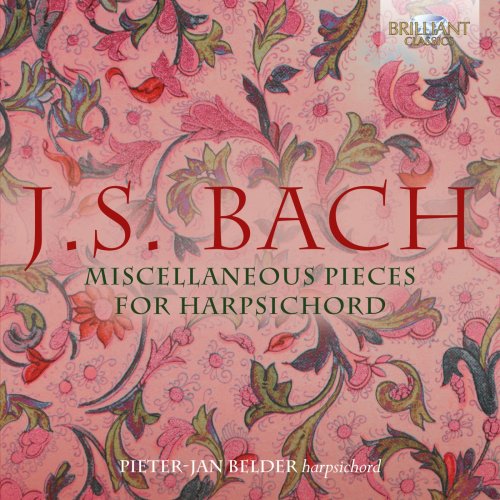
Artist: Pieter-Jan Belder
Title: J.S. Bach: Miscellaneous Pieces for Harpsichord
Year Of Release: 2022
Label: Brilliant Classics
Genre: Classical
Quality: flac lossless (tracks) / flac 24bits - 96.0kHz +Booklet
Total Time: 03:22:16
Total Size: 1.29 mb / 4.29 gb
WebSite: Album Preview
TracklistTitle: J.S. Bach: Miscellaneous Pieces for Harpsichord
Year Of Release: 2022
Label: Brilliant Classics
Genre: Classical
Quality: flac lossless (tracks) / flac 24bits - 96.0kHz +Booklet
Total Time: 03:22:16
Total Size: 1.29 mb / 4.29 gb
WebSite: Album Preview
01. Fantasie A Minor, BWV 922
02. Ouverture in F Major, BWV 820: I. Ouverture
03. Ouverture in F Major, BWV 820: II. Entrée
04. Ouverture in F Major, BWV 820: III. Menuet 1&2
05. Ouverture in F Major, BWV 820: IV. Bourrée
06. Ouverture in F Major, BWV 820: V. Gigue
07. Sonata in D Major, BWV 963: I. Allegro
08. Sonata in D Major, BWV 963: II. Adagio
09. Sonata in D Major, BWV 963: III. Fuga
10. Sonata in D Major, BWV 963: IV. Adagio
11. Sonata in D Major, BWV 963: V. Thema all' imitatione Gallina Cucca
12. Fugue in D Minor, BWV 948
13. Suite in F Minor, BWV 823: I. Prélude
14. Suite in F Minor, BWV 823: II. Sarabande en Rondeau
15. Suite in F Minor, BWV 823: III. Gigue
16. Prelude and Fugue in B Minor on a Theme by Albinoni: I. Praeludium, BWV 923
17. Prelude and Fugue in B Minor on a Theme by Albinoni: II. Fuga, BWV 951
18. Praeludium et partita del tuono terza in F Major, BWV 833: I. Praeludium
19. Praeludium et partita del tuono terza in F Major, BWV 833: II. Allemande
20. Praeludium et partita del tuono terza in F Major, BWV 833: III. Courante
21. Praeludium et partita del tuono terza in F Major, BWV 833: IV. Sarabande & Double
22. Praeludium et partita del tuono terza in F Major, BWV 833: V. Air
23. Prelude and Fugue in A Major, BWV 896: I. Praeludium
24. Prelude and Fugue in A Major, BWV 896: II. Fuge
25. Capriccio in honorem Johann Christoph Bachii Ohrdruf in E Major, BWV 993
26. Capriccio sopra la lontananza del Fratello dilettissimo, BWV 992: I. Arioso, ist eine Schmeichelung der Freunde, um denselben von seiner Reise Abzuhalten
27. Capriccio sopra la lontananza del Fratello dilettissimo, BWV 992: II. Ist eine Vorstellung unterschiedlicher Casuum, die ihm in der Fremde könnten Vorfallen
28. Capriccio sopra la lontananza del Fratello dilettissimo, BWV 992: III. Adagiosissimo Ist ein allgemeines Lamento der Freunde
29. Capriccio sopra la lontananza del Fratello dilettissimo, BWV 992: IV. Allhier kommen die Freunde, weil sie doch sehen, dass es anders nicht sein kann, und nehmen Abschied
30. Capriccio sopra la lontananza del Fratello dilettissimo, BWV 992: V. Allegro Poco, aria del Postiglione
31. Capriccio sopra la lontananza del Fratello dilettissimo, BWV 992: VI. Fuga all' imitatione della Posta
32. Suite in A Major, BWV 832: I. Allemande
33. Suite in A Major, BWV 832: II. Air pour les Trompettes
34. Suite in A Major, BWV 832: III. Sarabande
35. Suite in A Major, BWV 832: IV. Bourrée
36. Suite in A Major, BWV 832: V. Gigue
37. Fugue in C Major, BWV 946 after Albinoni
38. Fantasia and Fugue in B Minor, BWV 951a on a Theme by Albinoni: I. Fantasia
39. Fantasia and Fugue in B Minor, BWV 951a on a Theme by Albinoni: II. Fuga
40. Fugue in A Major, BWV 950 on a Theme by Albinoni
41. Praeludium in C Minor, BWV 921
42. Fantasie in C Minor, BWV 1121
43. Sonata in A Minor, BWV 967
44. Fantasie in G Minor 'in duobus subiectis', BWV 917
45. Fugue in A Minor, BWV 947
46. Canzona in D Minor, BWV 588
47. Fugue in A Major, BWV 949
48. Praeludium in E-Flat Major, BWV 815
49. Fugue in B-Flat Major, BWV 955 on a Theme by Erselius
50. Aria variata, BWV 989
51. Sonata in D Minor, BWV 965 after Reincken: I. Adagio
52. Sonata in D Minor, BWV 965 after Reincken: II. Fuga
53. Sonata in D Minor, BWV 965 after Reincken: III. Adagio
54. Sonata in D Minor, BWV 965 after Reincken: IV. Presto
55. Sonata in D Minor, BWV 965 after Reincken: V. Allemande
56. Sonata in D Minor, BWV 965 after Reincken: VI. Courante
57. Sonata in D Minor, BWV 965 after Reincken: VII. Sarabande
58. Sonata in D Minor, BWV 965 after Reincken: VIII. Gigue
59. Fugue in B-Flat Major, BWV 954 on a Theme by Reincken
60. Sonate in C Major, BWV 966 after Reincken: I. Praeludium
61. Sonate in C Major, BWV 966 after Reincken: II. Fuga
62. Sonate in C Major, BWV 966 after Reincken: III. Adagio
63. Sonate in C Major, BWV 966 after Reincken: IV. Allegro
64. Sonate in C Major, BWV 966 after Reincken: V. Allemande
65. Praeludium, Fugue & Allegro in E-Flat Major, BWV 998: I. Praeludium
66. Praeludium, Fugue & Allegro in E-Flat Major, BWV 998: II. Fuge
67. Praeludium, Fugue & Allegro in E-Flat Major, BWV 998: III. Allegro
Over a career spanning more than 30 years, the Dutch harpsichordist and conductor Pieter-Jan Belder has become renowned as a Bach interpreter with his surveys in concert and on record of the keyboard and orchestral masterpieces such as The Well-Tempered Clavier, the Brandenburg Concertos and no fewer than three recordings of the Goldberg Variations.
On this album, recorded in 2020 and 2021 on a modern Titus Crijnen copy of a Ruckers model, Pieter-Jan Belder turns to the overlooked corners of Bach’s early writing for the harpsichord. These include standalone fugues, fantasias and suites based on themes by contemporary composers such as Reincken and Albinoni. Nevertheless, there is no sense of routine or technical exercise about them. The pieces here are almost all extrovert, playing to the strengths of the young Bach as a performer as well as composer, and already demonstrating that confidence which would go on to mark his mature compositions. An appreciation of French flair is discernible in the F minor Suite, BWV 823 and elsewhere, but the dominant influence is the keyboard writing of Girolamo Frescobaldi, whose toccatas and canzonas were studied by Bach from an early age.
The better-known pieces here include the sober and songful Aria variata, BWV 989 with its courtly French theme, and the E-flat Prelude, Fugue and Allegro originally written for lute, but which also finds a happy home on the harpsichord. The most famous but also most uncharacteristic piece is the mysterious Capriccio on the departure of a beloved brother which appears to be a work of Bach’s late teenage years, though no definite corroborative proof of its commission or purpose has yet come to light. Rather, it seems unique in Bach’s output as a humorous parody of styles and emotions.
![Phronesis - Parallax (2016) [Hi-Res] Phronesis - Parallax (2016) [Hi-Res]](https://www.dibpic.com/uploads/posts/2026-01/1769068094_cover.jpg)
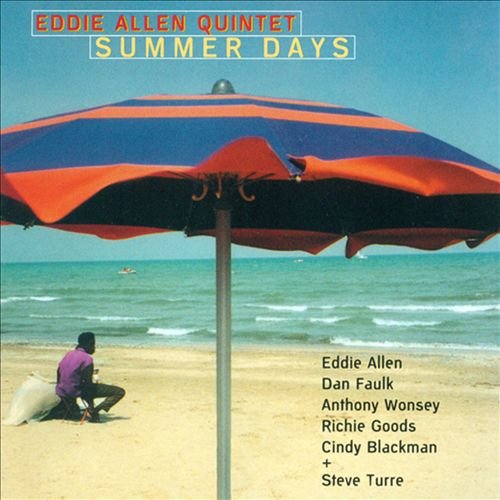

![Inclusion Principle - The 4, the 8, the 10 (2021) [Hi-Res] Inclusion Principle - The 4, the 8, the 10 (2021) [Hi-Res]](https://img.israbox.com/img/2026-01/21/rvb9txye1d5n1zb34jt7i48ku.jpg)
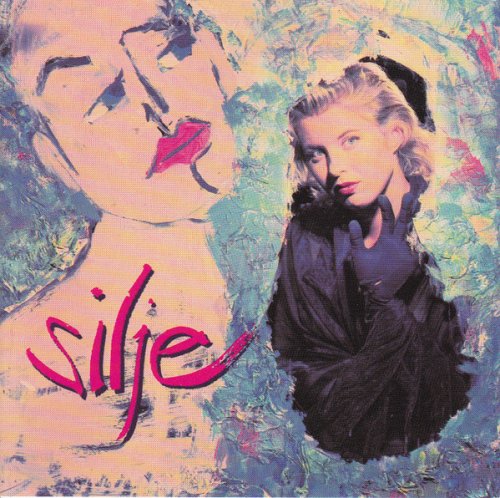
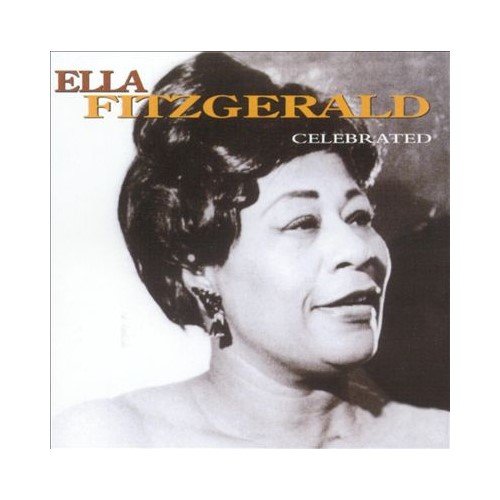

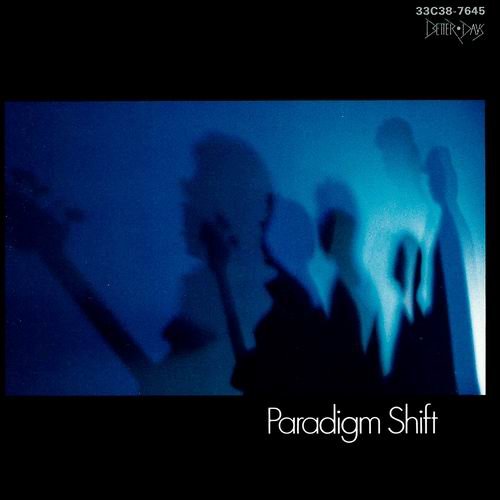
![Colin Hinton - Three Suites (2026) [Hi-Res] Colin Hinton - Three Suites (2026) [Hi-Res]](https://img.israbox.com/img/2026-01/23/1j01ziw4dco9g969ftsu2ln12.jpg)